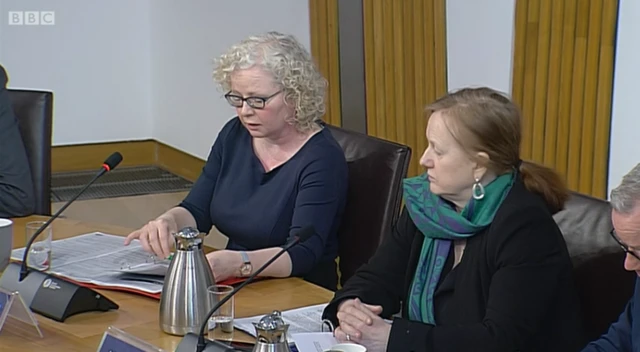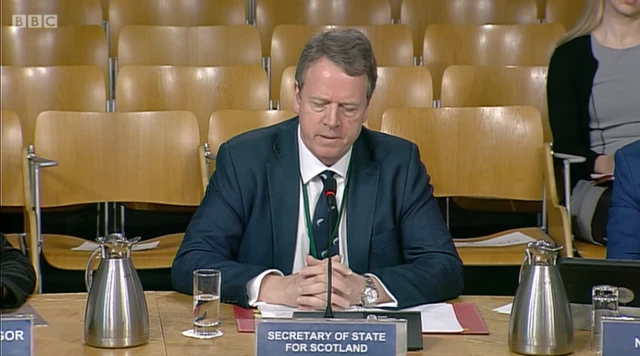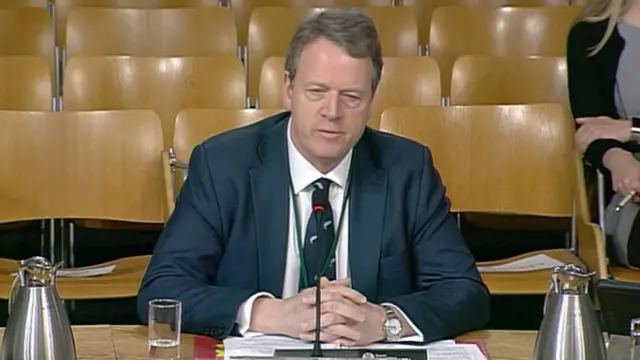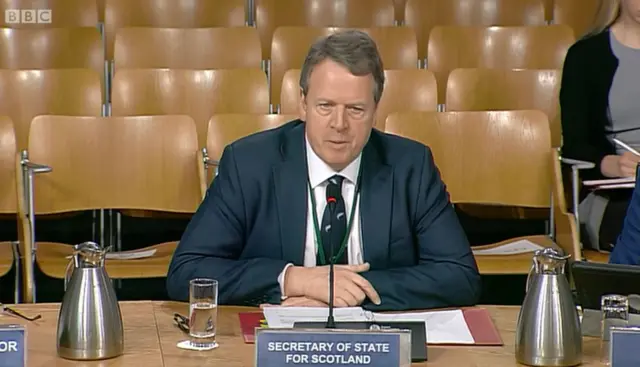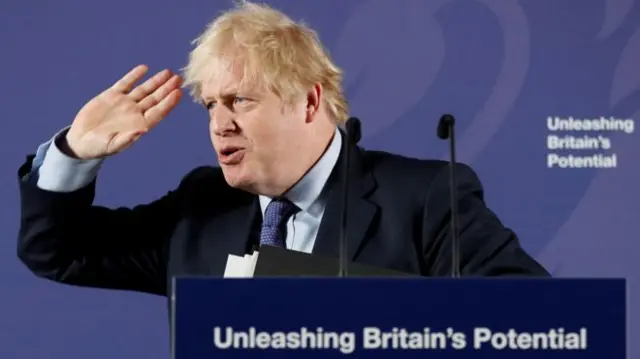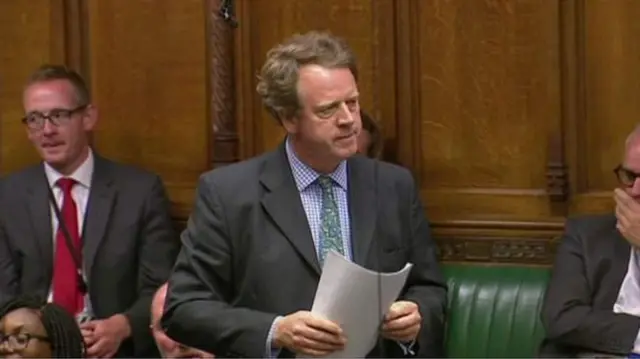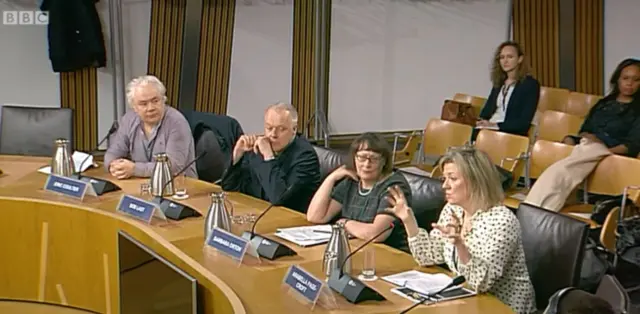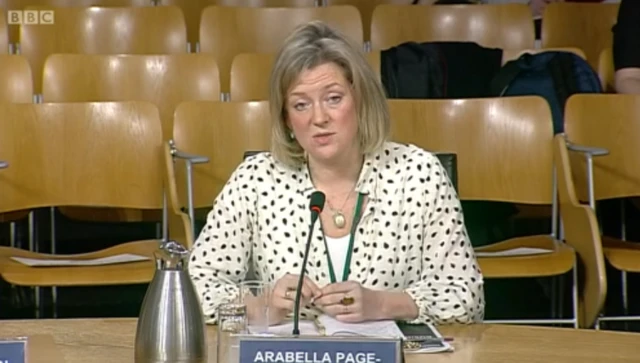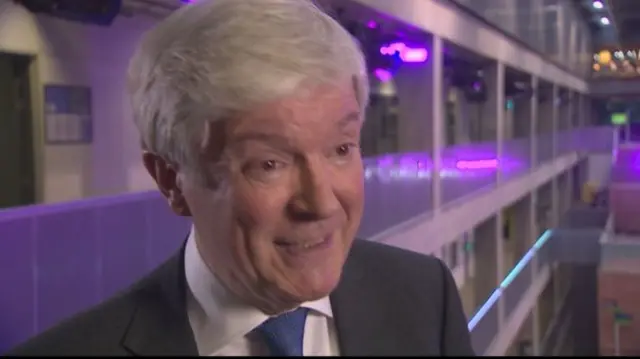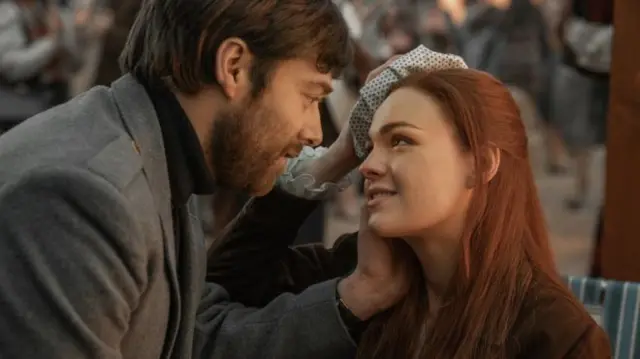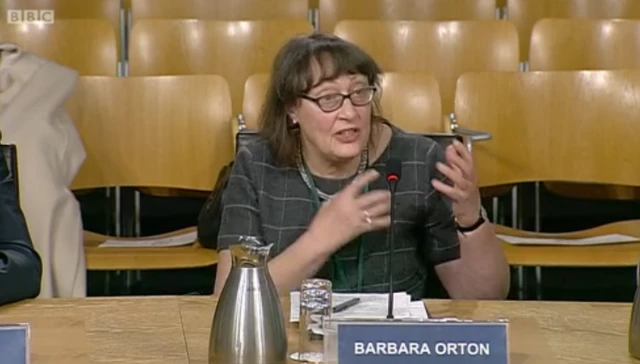'You do need to have deadlines to get deals done'published at 10:39 GMT 5 March 2020
Mr Jack says: "We're going to be a sovereign nation."
We're leaving home and we're not asking to be helped out by the "bank of mummy and daddy anymore," he adds.
Ms Baker says the timetable set by the UK government is extremely challenging and presents problems, not least the threat of walking away in June with no deal.
The Scottish secretary accepts the timetable is challenging and 31 December is challenging.
"You do need to have deadlines to get deals done."
